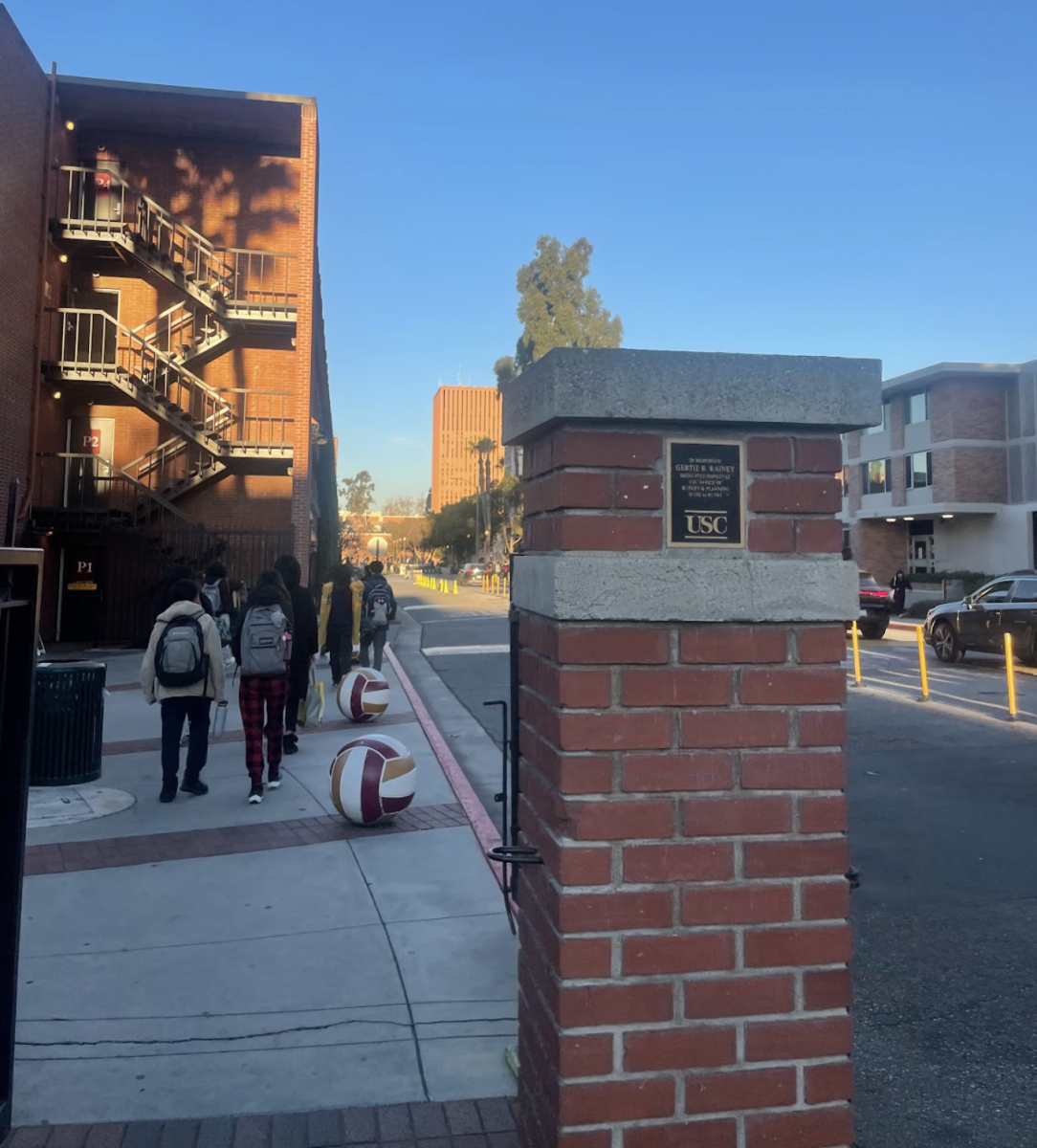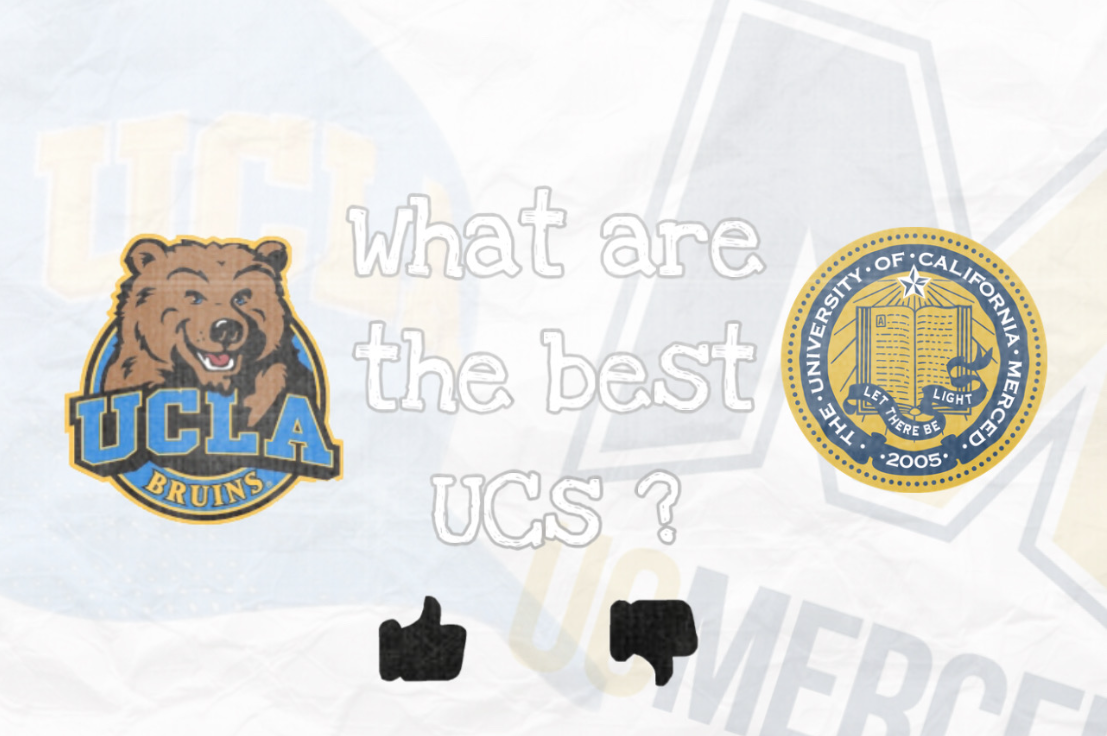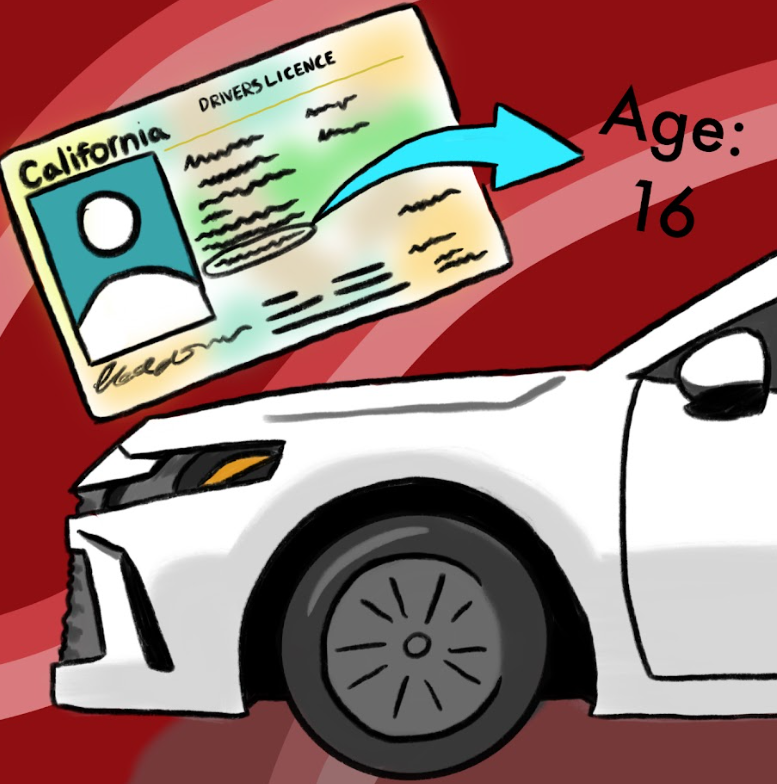“College Board has a monopoly in the realm of education in the United States, which controls much of students’ futures by serving as the sole standard and measure of their academic competence and abilities” stated Mr Jenison during one of his countless memorable lectures in my sophomore year of high school about the quinary economic sector. Thinking about this seemingly ordinary comment from my human geography teacher flew over my head that day. However, upon further dissection and experience of the actual connotation of the comment, I learned that in our society, our students are surrounded by the governing rule of CollegeBoard. As education and grades became increasingly more and more essential to the future of my peers and my life, I noticed that the popularity of advanced placement has almost wholly engulfed our student’s mindsets. With nearly a 38 to 15 ratio of students in AP to IB, the route for education-driven students has become seemingly synchronized to what routes they must take.
When Mr. Jenison first mentioned the education monopoly, I thought straight to AP classes. However, CollegeBoard controls not only all advanced placement classes but also the teacher’s routes and the tests the students take that determine their college credits. With the addition of computerized tests, SATs are now ruled by their monopoly. CollegeBoard has mastered not only the finish line of education but the entire race. They’ve taken over nearly the route students take to get into prestigious colleges.
Along with conquering the education system of America, an overlooked aspect of the company’s dominance has become the increasing societal pressure and cultural perspective of education. AP student Alexis Olson stated, “That’s just the norm. After sophomore year, when you pick your classes, it’s always, ‘What AP classes are you taking?’ You almost don’t have a choice.” The set path that our students are put into is laid out by CollegeBoard. Not only are you pressured by parents’ expectations to take these classes, but your peers to follow the same route.
Yet, in Quartz Hill, one program stands out amongst the rest in the Antelope Valley. The International Baccalaureate program, better known as IB, has been steadily decreasing with the rise of AP. Once known as the most prestigious program in the school, it is now heavily overshadowed by the dominance of CollegeBoard. In a small community of people, IB has built a brother and sisterhood of people who come together as often the best of the best. Their strength is not in numbers but in their ability to unite and strive. These students opted out of the matrix path and chose the rough, patchy, stormy road ahead.
The world and school have shed a negative light on IB, putting a perspective of a nearly impossible program to conquer. Yet, this narrative is far from the truth. IB student John Pastor, who also participates in track, band, and several clubs, stated, “Our community bonds far more than any AP class could. Seeing the same friends every period, every day, builds a connection…Concerning outside activity, I can say that my classmates and I have exceeded that expectation by miles.” John and nearly the entire class have broken the narrative that IB students only have time to participate in school work. The combination of unity and difficulty has excelled IB to one of the most prestigious programs in the school.
Despite being the cream of the crop, why is IB constantly underappreciated and overshadowed? IB English teacher Mrs Wisdom stated, “I think that students don’t understand that IB is the actual best prep for college. The transition becomes far easier than those outside of the program.”
On the contrary, IB students enjoy their built community far more than AP students. The mix of classmates and changing schedules and people contradicts the united bond that the IB program offers. The future of IB lies not only in the students but also in Dr. Reti. Newly appointed IB coordinator Dr Reti stated, “I think that IB creates a small community of really dedicated students who work closely together to achieve a great deal… Then the other thing is the interdisciplinary aspect of the program that inquires about philosophical thinking, working to make the world a better place as a more idealistic program.”
Although the future of our nation’s education system lies almost entirely in the College board’s hands, small, underappreciated programs such as IB still shine their light on students who take the more unforeseen route to a successful education-driven career. Mr. Jenison’s casual comment in geography class reflected upon the approaching supreme rule of AP and the cultural and societal pressure that CollegeBoard has placed upon our district and country. IB’s united community opposes this, showing that taking the more stormy and rocky route may often lead you to a further destination, challenging the perfectly laid out path our society expects our youth to take.










